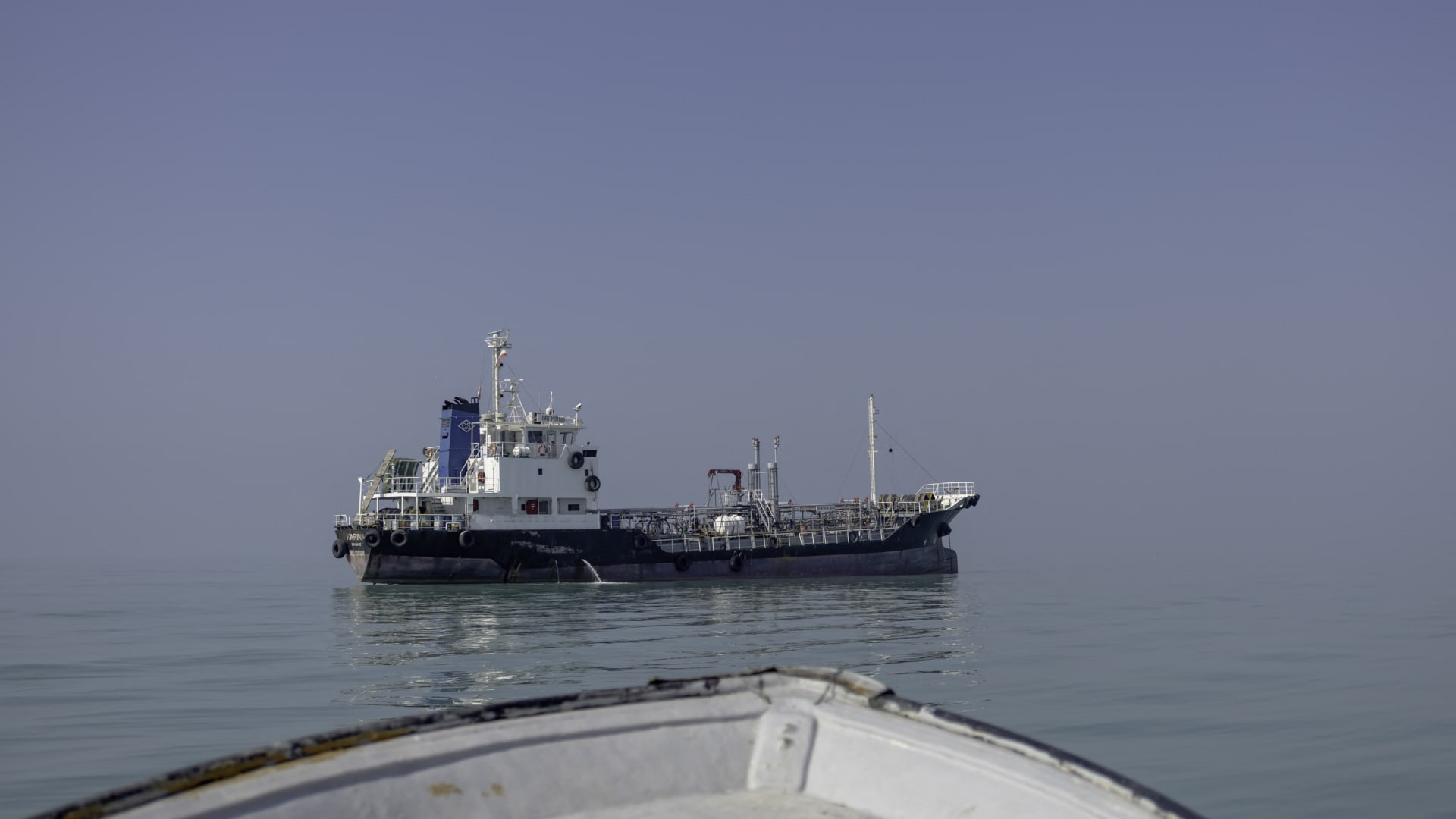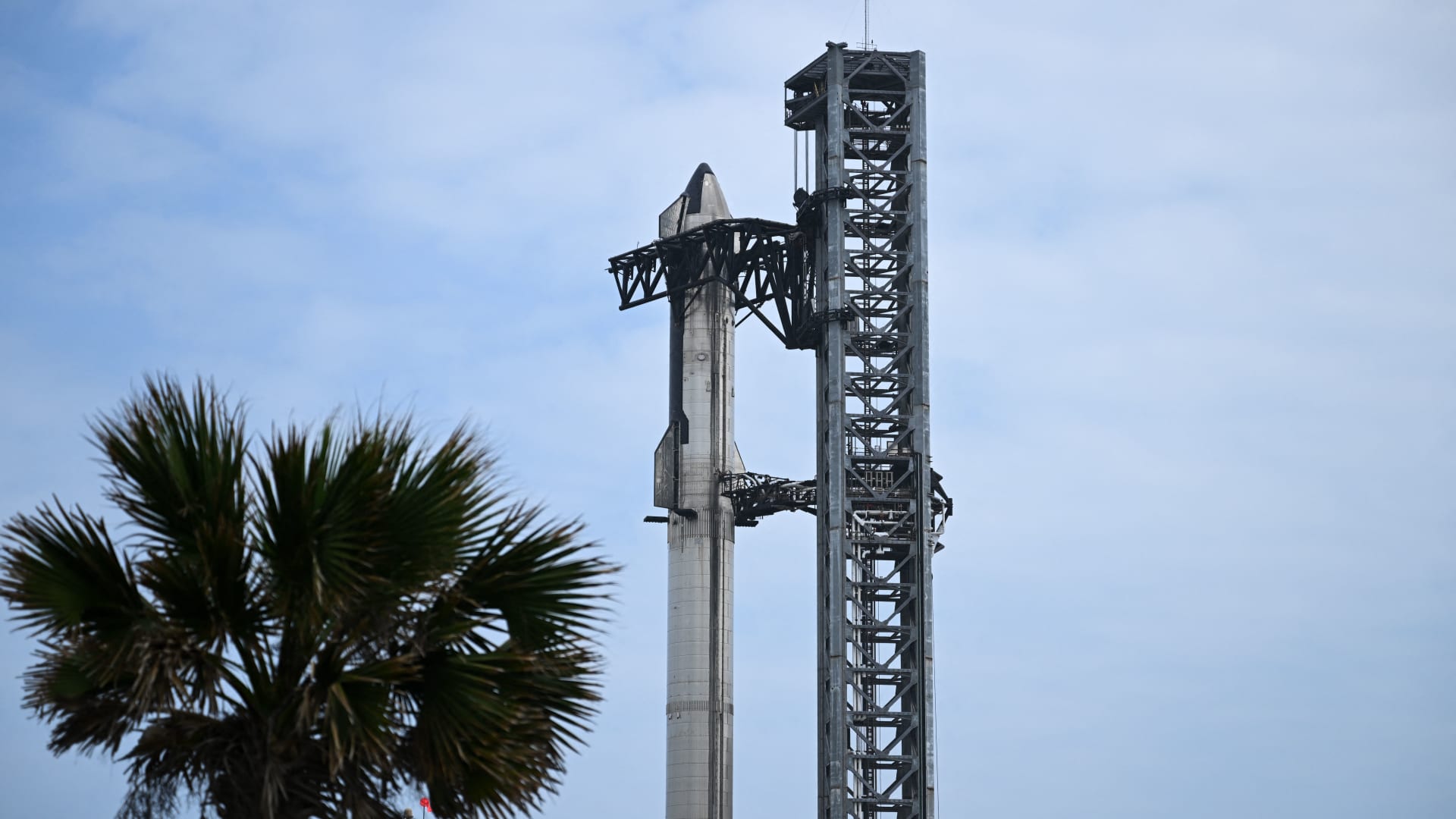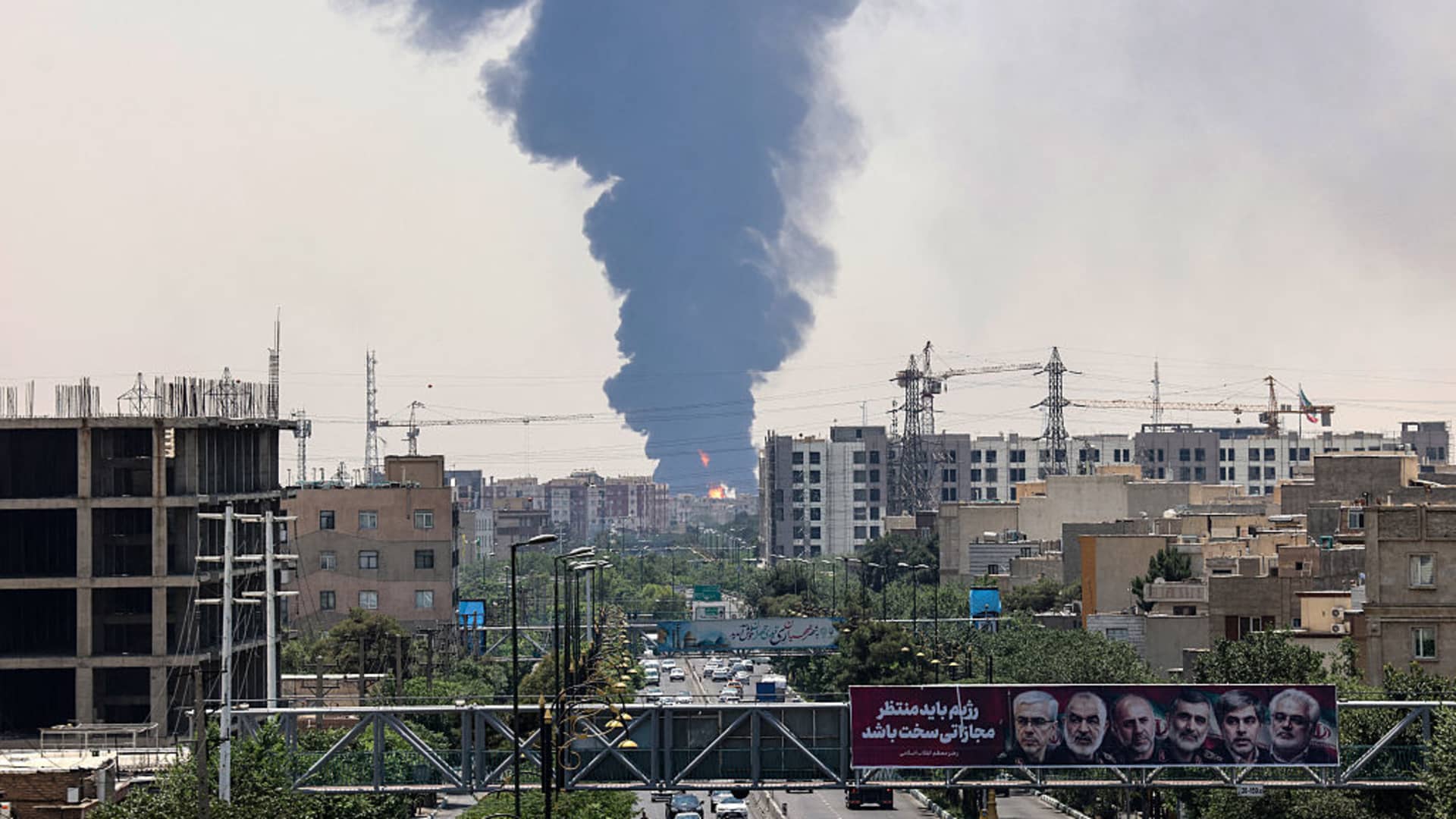Amir | Afp | Getty Images
Marine insurers are now charging 0.2% of the value of a ship for journeys into the Gulf, according to data from the world’s largest insurance broker Marsh McLennan, up from 0.125% prior to Israel’s surprise attack on Iran last week.
There has also been an uptick in war risk insurance rates for the Red Sea, Marsh said, while cover relating to ports in Israel has more than tripled to 0.7%.
The length of time quotes are valid for has been cut to 24 hours from most leaders, Marsh said, down from 48 hours previously.
The scramble to reassess shipping insurance costs reflects the deteriorating security environment in the Middle East, with Israel and Iran continuing to exchange fresh air attacks over recent days.
The conflict between the two powers has ratcheted up concerns of a broader conflict, with many closely monitoring the prospect of U.S. intervention.
“Given that the situation is currently contained within the region, risks are still being placed to enable cargo to flow through these areas,” Marcus Baker, global head of marine, cargo and logistics at Marsh, told CNBC by email.
Some shipowners have recently opted to steer clear of the strategically important Strait of Hormuz, reaffirming a sense of industry unease amid the conflict.
Jakob Larsen, head of security at Bimco, which represents global shipowners, said earlier this week that the escalating conflict was causing concerns in the shipowner community and prompting a “modest drop” in the number of ships sailing through the area.
Situated between Iran and Oman, the Strait of Hormuz is a narrow waterway that connects the Persian Gulf to the Arabian Sea. It is recognized as one of the world’s most important oil chokepoints.
The inability of oil to traverse through the Strait of Hormuz, even temporarily, can ratchet up global energy prices, raise shipping costs and create significant supply delays.
















Leave a Reply